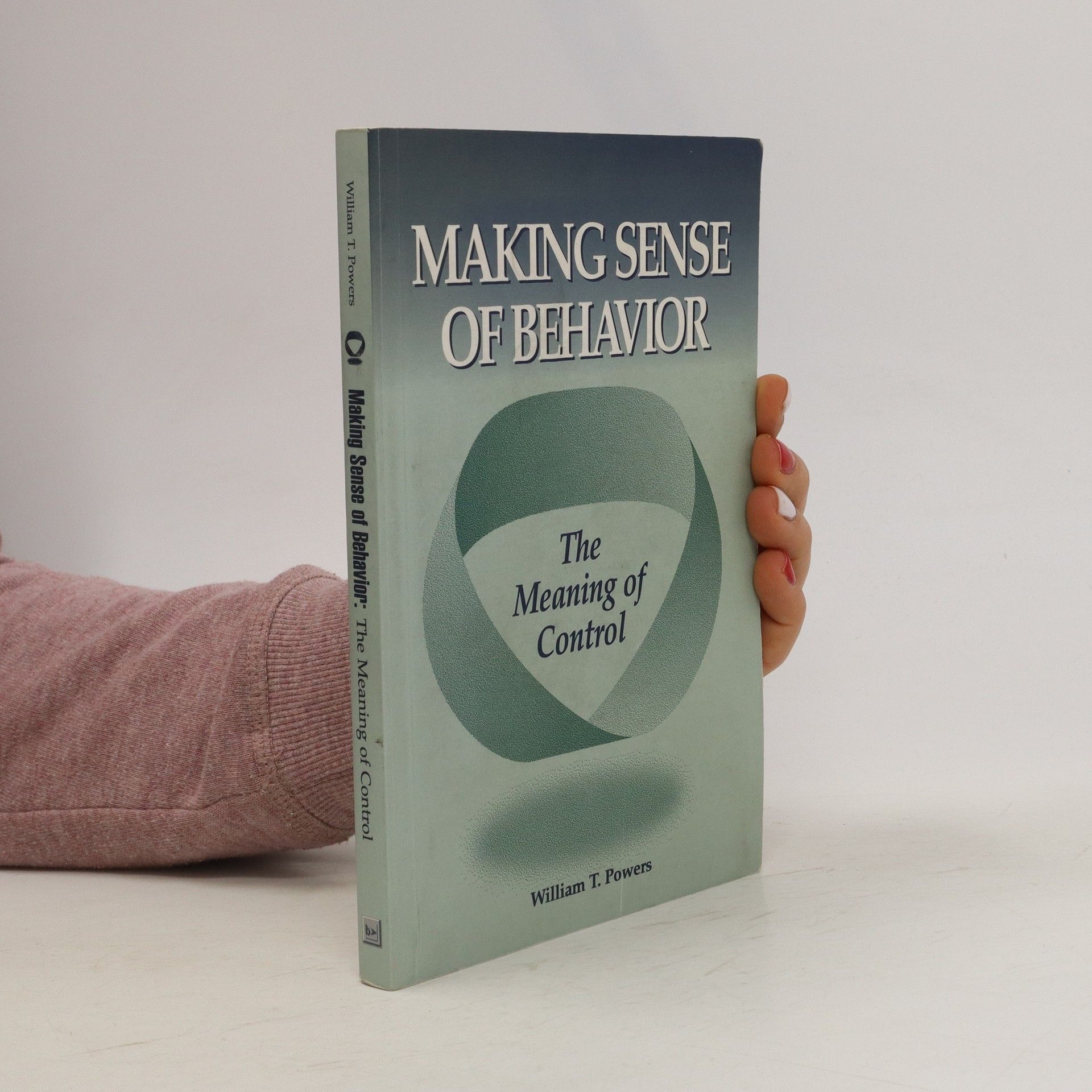The along-anticipated work on Perceptual Control Theory (PCT) by the originator of this system of ideas, written for the general public in nontechnical language. Back cover copy by Richard S. Marken, Senior Behavior Scientist, The RAND Corporation. "Some of the best science is done by people who refust to take the obvious for granted. Copernicuss didn't take the sun's daily trek across the sky for granted, Einstein didn't take the regular tick of time for granted, and William T. Powers didn't take the appearance of behavior for granted...A number of scientsts, impressed by the power and beauty of control theory as applied to behavior, have devoted their research efforts to testing and expanding Powers' ideas on living control systems. Obviously, I am one of them. I knew after reading Behavior: the Control of Perception (Powers, 1973) that Powers had something very important to say.
William T. Powers Libros
William T. Powers fue un físico médico, autor de ciencia ficción y erudito independiente en psicología experimental y teórica. Desarrolló el modelo de la teoría de control perceptual (PCT) del comportamiento como el control de la percepción, explicando cómo los organismos vivos controlan sus entradas sensoriales en lugar de sus salidas conductuales. El trabajo de Powers postula que, a diferencia de los sistemas diseñados, los sistemas vivos generan internamente sus propias variables de referencia, creando una jerarquía de control. También diseñó el juego de mesa Trippples.
